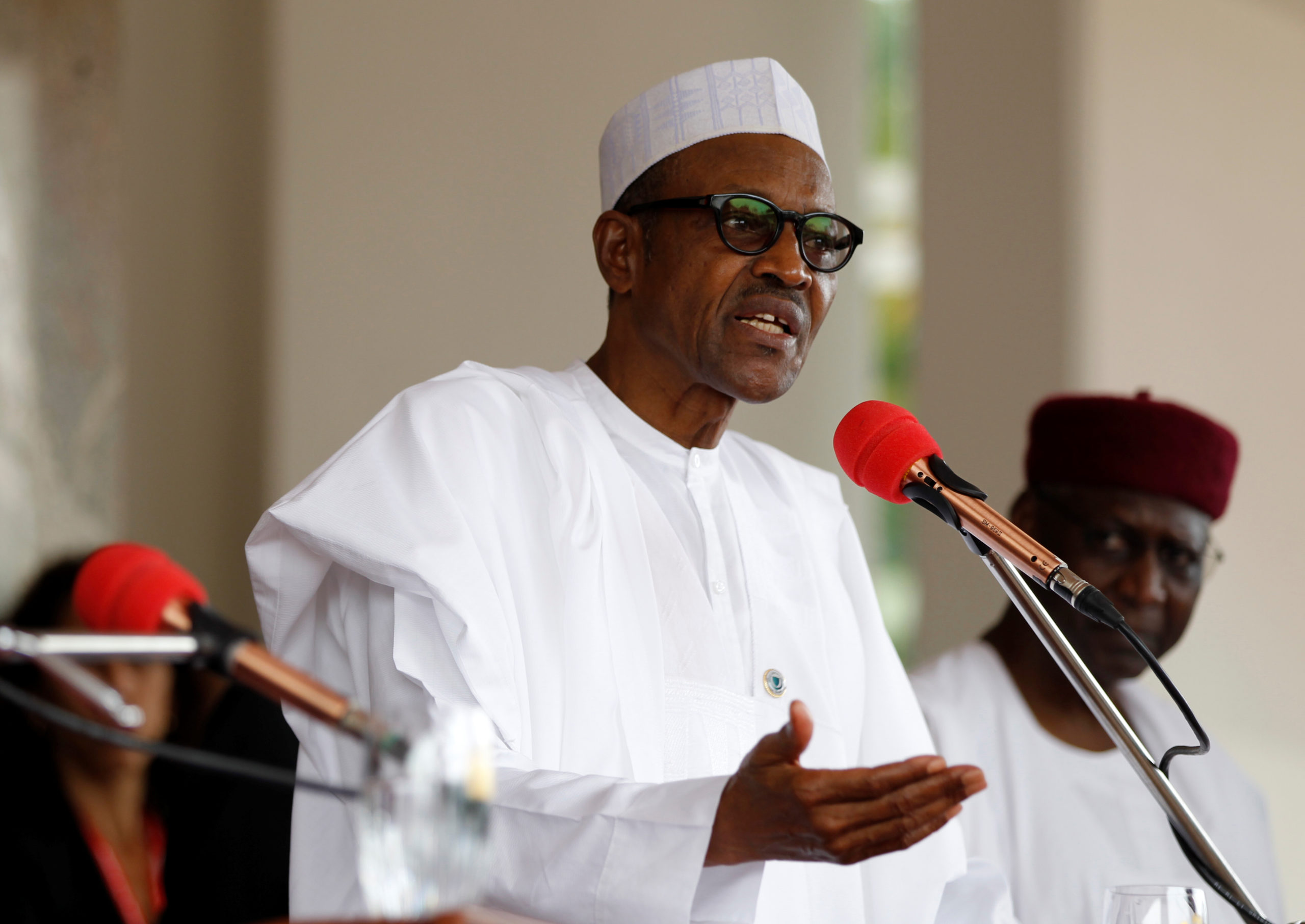The power generation companies in Nigeria have denounced the lack of payment guarantee for the energy being generated, sold and fed into the national grid.
They have therefore turned to President Muhammadu Buhari to intervene in an attempt to address this and other challenges facing their business.
The Federal Government launched the Power Sector Recovery Programme in March 2017, with the major highlight being a Central Bank of Nigeria-funded N701bn payment assurance guarantee for two years – January 2017 to December 2018.
The fund, which was expected to cover the shortfalls of the Nigeria Bulk Electricity Trading Plc, was targeted at Gencos and gas suppliers for power generated and future power generation.
The government-owned NBET buys electricity in bulk from Gencos through Power Purchase Agreements and sells through vesting contracts to the distribution companies, which then supply it to the consumers.
The Executive Secretary, Association of Power Generation Companies, Dr. Joy Ogaji has revealed that no payment guarantee had been put in place since December, adding that Gencos were owed about N1tn.
She said, “We have not heard anything and this is really affecting a lot of the Gencos. Majority of the Gencos do not have access to credit facilities to buy gas; so, some of the plants are idle. NBET is just paying us 25 per cent of our N55bn invoice. How can we survive?
“We have written to the government as a matter of fact. The President is aware and all relevant stakeholders were all ‘copied’. We have stated the difficulties, the impact on our business and we are waiting because we believe more in dialogue as opposed to being adversarial. But the adversarial method seems to be working better than dialogue.”
Ogaji said the Gencos had reviewed all the industry agreements and identified their rights, adding, “We are just waiting for government’s response to the letter we have written, failing which we will weigh our options and take the necessary action because we need to survive.”
According to her, the N701bn payment assurance guarantee was used to pay a component of the Gencos’ invoices, which contain capacity and energy payments.
Ogaji said, “It is just the energy component that they have been paying. Without payment for capacity, there is no guarantee for Gencos to increase capacity tomorrow. It is that capacity payment that allows us to enter into long-term agreements.
“Some of the Gencos are not able to generate again because some of the gas suppliers like Shell and Total are not ready to sell gas on credit. Last year, we were talking about available generation of about 7,500MW. But it has dropped by over 2,000MW because of gas unavailability – not that there is no gas but because we cannot pay for it.”
Sign in
Welcome! Log into your account
Forgot your password? Get help
PRIVACY POLICY PAGE
Password recovery
Recover your password
A password will be e-mailed to you.













